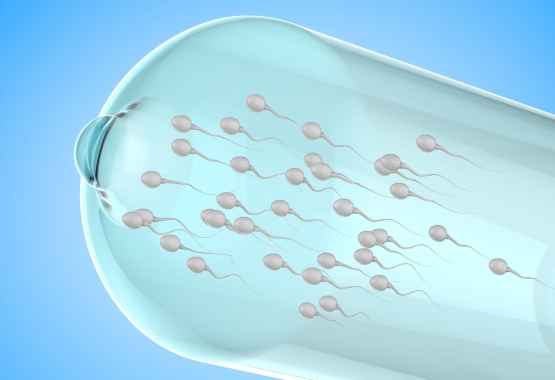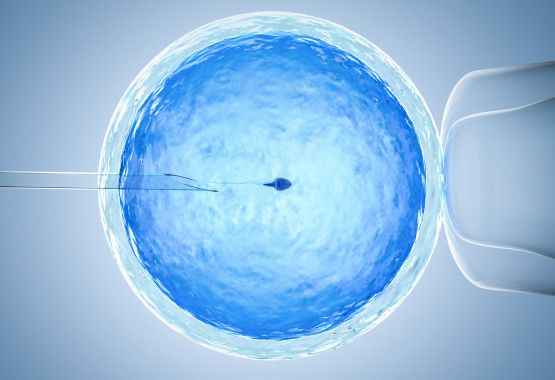

Establishing your own family can often present unforeseen challenges, prompting the need for assistance from a donor—be it someone known or anonymous—to fulfill your aspirations of parenthood. At Lotus IVF Centre, we provide programs facilitating the donation of sperm to support individuals in achieving their dreams of parenthood.
If the intended father's sperm is deemed insufficiently healthy or the sperm count is significantly low, pregnancy can still be achieved by collecting a substantial semen sample and extracting the highest quality sperm. However, in cases of azoospermia, where no sperm is produced at all, sperm donation becomes the optimal solution. Donor sperm can also be utilized by single women desiring to conceive a child.
Not everyone meets the criteria to become a sperm donor, as specific eligibility requirements must be met to ensure the viability of the donor sperm for the procedure.


To verify a male's eligibility as a sperm donor, various tests and screenings may be conducted, including but not limited to:
Physical exam- A physical examination is conducted, which includes the collection and analysis of urine and blood samples to detect any presence of infectious diseases. For regular donors, these tests are performed every six months.
Semen testing- Semen testing involves collecting samples from the prospective donor and analyzing them to assess the quality, quantity, and mobility of sperm.
Genetic testing- Genetic testing entails analyzing a blood sample from the prospective donor to identify any genetic abnormalities or disorders. This examination aids in assessing the potential risks of specific disorders in offspring conceived with the donor's sperm. Given the impracticality of screening for every genetic disorder, a comprehensive family history is obtained along with tests for thalassemia.
The optimal age for sperm donation ranges from 18 to 35 years, coinciding with the peak period for optimal sperm count. However, the maximum allowable age is 40 years.
The donor is required to provide blood and urine samples and undergo a medical screening procedure to assess the potential presence of infections or autoimmune diseases. This includes tests for HIV, AIDS, Hepatitis B, Hepatitis C, syphilis, among others. Additionally, donors are screened for genetic conditions such as spinal muscular atrophy and cystic fibrosis.
Men who are generally healthy, within a certain age range, and meet specific eligibility criteria can become sperm donors.
Sperm donation involves providing a semen sample through masturbation, which is then processed and stored for later use in assisted reproductive procedures such as intrauterine insemination (IUI) or in vitro fertilization (IVF).
The collected sample undergoes cleaning, preservation (via cryopreservation), and quarantine for a minimum of six months. Subsequently, the donor undergoes another round of testing for infectious diseases like HIV. If the test results are negative, the sperm is once again assessed for quantity, quality, and mobility. Sperm meeting the established quality standards are deemed suitable for the procedure.
It depends on the regulations and policies of the sperm bank or clinic. Some allow for anonymous donation while others may offer the option for donors to be known or open donors.